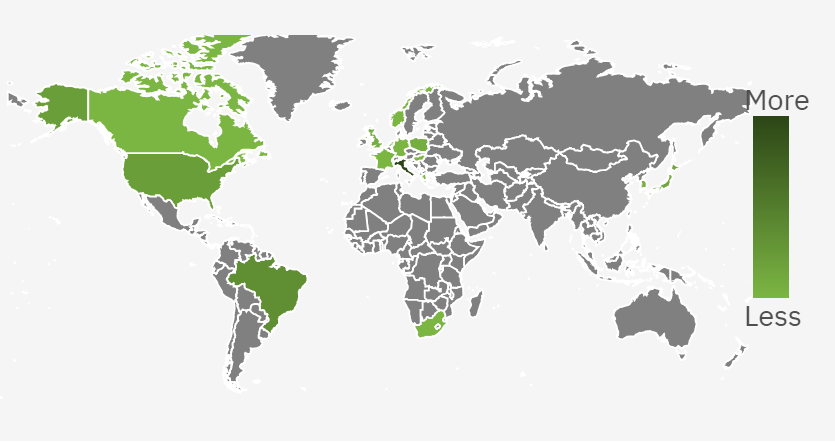 An open access journal
An open access journal
Innovations in Renewable Energy Technology: Engineering Solutions for Sustainable Development
Abstract
This paper examines recent innovations in renewable energy technology and their pivotal role in advancing sustainable development goals worldwide. Drawing upon interdisciplinary research from renewable energy engineering, environmental science, and policy studies, the paper explores cutting-edge technologies and applications transforming the energy landscape. It discusses the evolution of solar photovoltaics, wind power generation, biomass energy, and emerging technologies such as tidal and geothermal energy, highlighting their potential to reduce greenhouse gas emissions, mitigate climate change impacts, and enhance energy security. Through a comprehensive review of empirical studies and case examples, the paper demonstrates the benefits of renewable energy adoption, including job creation, economic growth, and improved access to clean energy in underserved communities. Additionally, the paper addresses challenges and considerations associated with the integration of renewable energy into existing energy systems, such as intermittency, grid integration, and policy support. It discusses the importance of interdisciplinary collaboration, stakeholder engagement, and innovative financing mechanisms in accelerating the deployment of renewable energy solutions and achieving sustainable development objectives. Through case studies and examples of successful renewable energy projects, the paper illustrates the transformative impact of engineering-driven solutions in promoting energy access, reducing energy poverty, and fostering inclusive and resilient societies. The paper concludes by outlining future research directions and policy recommendations to scale up renewable energy deployment and accelerate the transition to a sustainable energy future.
Share and Cite
Article Metrics
References
- .International Renewable Energy Agency (IRENA). (2019). Renewable Power Generation Costs in 2019. Abu Dhabi: IRENA.
- .Jacobson, M. Z., & Delucchi, M. A. (2011). Providing All Global Energy with Wind, Water, and Solar Power, Part I: Technologies, Energy Resources, Quantities and Areas of Infrastructure, and Materials. Energy Policy, 39(3), 1154-1169.
- .United Nations. (2015). Transforming Our World: The 2030 Agenda for Sustainable Development. New York: United Nations.
- .Sovacool, B. K., & Dworkin, M. H. (2015). Global Energy Justice: Problems, Principles, and Practices. Cambridge University Press.
- .IPCC. (2018). Global Warming of 1.5°C. An IPCC Special Report on the impacts of global warming of 1.5°C above pre-industrial levels and related global greenhouse gas emission pathways, in the context of strengthening the global response to the threat of climate change, sustainable development, and efforts to eradicate poverty. Intergovernmental Panel on Climate Change.
- .Lu, X., McElroy, M. B., & Kiviluoma, J. (2009). Global Potential for Wind-Generated Electricity. Proceedings of the National Academy of Sciences, 106(27), 10933-10938.
- .UNEP. (2019). Global Trends in Renewable Energy Investment 2019. Frankfurt School-UNEP Centre/BNEF.

